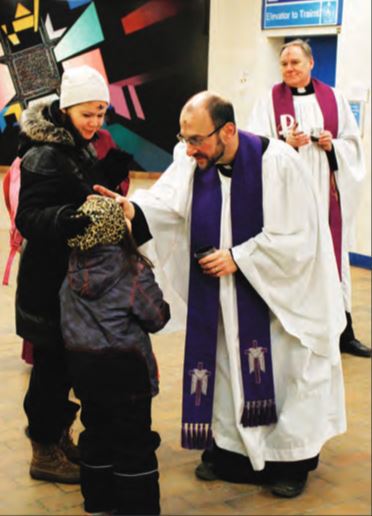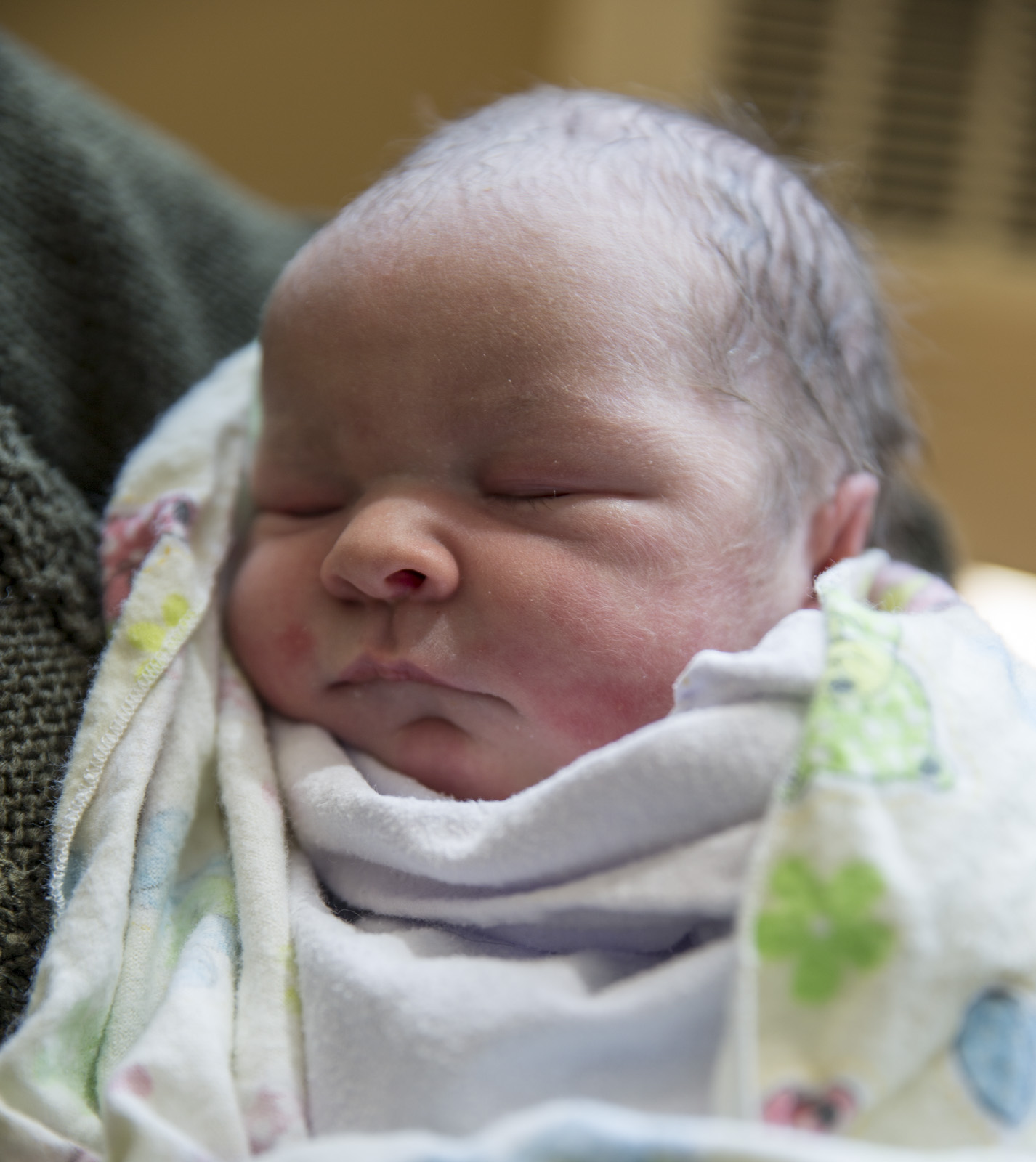From here:
Let us remember our first calling as human beings is caring for the Earth. So sacred is this calling that as Lutherans worldwide mark the 500th anniversary of the Lutheran Reformation in 2017 with an overall theme “Liberated by God’s Grace,” one of the subthemes is “Creation—not for sale.” So sacred is this calling to Anglicans worldwide that they hold among their Marks of Mission a commitment “to strive to safeguard the integrity of creation and to sustain and renew the life of the earth.” This mark of mission is now reflected in the vows made in baptism.
I don’t dislike pollution any less than Fred Hiltz but, surely, “our first calling as human beings” – or, at least as Christians – is to share the Gospel of Jesus Christ with the unsaved, not to “care for the earth.” The earth is not a sentient living thing made in God’s image, possessing a soul whose eternal destiny rests on whether or not it has received Christ’s free gift of salvation. It is just like the rest of the universe, a system which is subject to entropy; it is running down, degenerating gradually into disorder until God remakes it as part of the New Heavens and New Earth.
That is, unless, as appears to be the case for the purveyors of this Earth Day Statement, your god is Gaia.




 From
From 